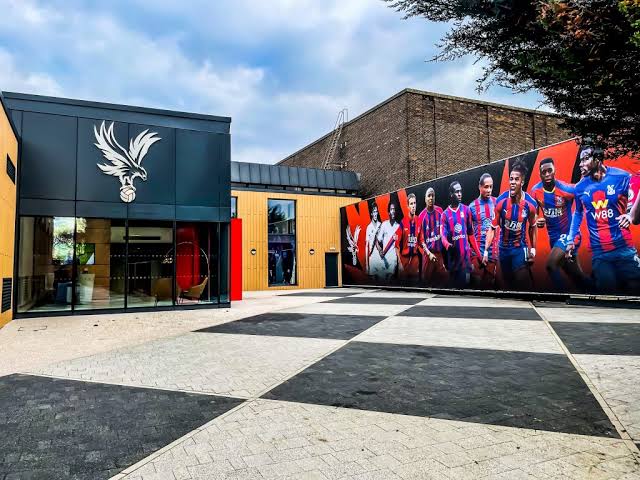Crystal Palace have introduced a pioneering aftercare scheme for young players who are released from the club’s academy—a three-year package designed to help them adjust away from the game and reduce the risk of mental health issues that can follow rejection.
The initiative, for players aged roughly 17-21 who come through the Professional Development Phase, is believed to be the first of its kind in the UK in terms of formal, structured long-term support.
Under the scheme, each released player will receive ongoing contact via a dedicated Player Care Officer. The officer’s role includes helping with finding a new club, guiding players toward education or vocational options, and assisting them in securing employment. Palace have said the program is aimed not only at football outcomes, but at helping young people build “a way of life” beyond sport.
The club’s Academy Director, Gary Issott, has spoken openly about the emotional and psychological impact of release. He recalled his own experience leaving youth football, likening it to grieving—losing friendships, routine, identity—and stressed that Palace felt a responsibility to support players through that transition. Steve Parish, the club chairman, has backed the program, emphasizing that while producing first-team players is an ambition, caring for every academy player as a person is equally important.
Read Also: Carrick Open To United Return As Amorim’s Job Under Review
Reactions from wider footballing circles have praised the move. Pundits including Robbie Savage, as well as former players, have applauded Palace for committing resources to welfare and aftercare, beyond simply offering opportunities to young players while they are in the system. It’s seen as a model other clubs could follow to address well-known issues faced by released academy players.
Of course, challenges remain. Not all released players will want to stay involved with the club or trust in support offered; some will prefer to “move on” completely. The success of the scheme will depend heavily on how accessible and meaningful the support is in practice—whether it truly helps players transition into education, work, or other fulfilling paths away from full-time football.
As Crystal Palace push ahead with this welfare initiative, they set a standard: that the duty of care in football isn’t over when contracts are cut. For those young athletes, knowing that the club still cares—and is ready to support them—could make all the difference.










